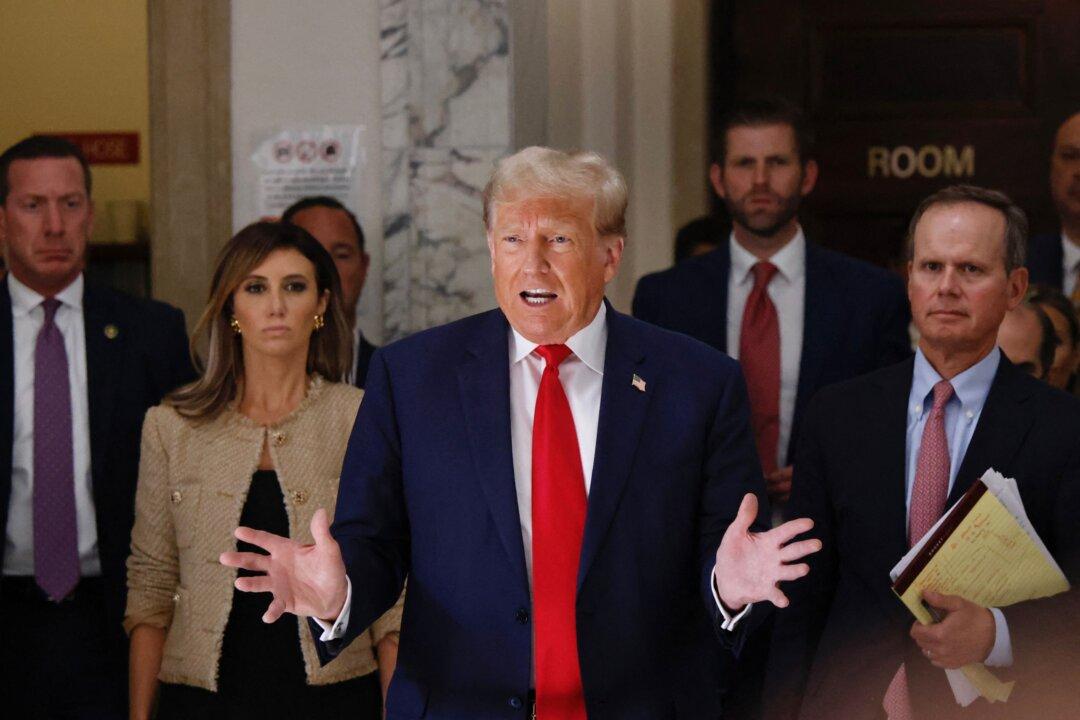As a New York civil fraud trial against the Trump Organization enters its fifth day, former prosecutor David Gelman offered his perspective on where the case is headed and the flaws he sees in New York Attorney General Letitia James’s case.
In an interview with NTD News’ “Capitol Report,” Mr. Gelman—who served as the assistant county prosecutor in Burlington County, New Jersey before launching his own criminal defense practice in 2017, Gelman Law—argued that there’s no clear victim represented in the ongoing civil lawsuit against former President Donald Trump and his real estate empire. Mr. Gelman’s arguments are similar to those President Trump’s legal team have made so far in the case.






